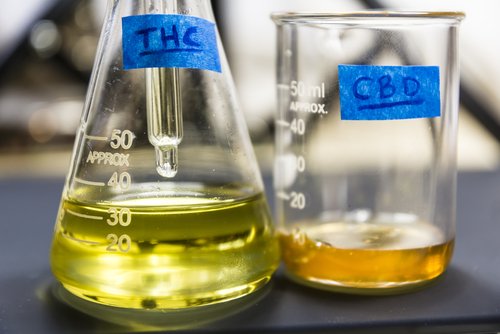One World Cannabis to Test Mice in Pursuit of Therapies Targeting Multiple Myeloma Cancer Cells
Written by |

Israel’s One World Cannabis (OWC) says it’s moving forward to mouse models to test its unique formula of cannabinoid-based therapies targeting cancer cells. This decision followed promising results from preclinical in vitro studies.
“After in-depth and extensive review and assessment of the study’s results accumulated so far, OWC’s research committee determined that the medical and scientific accepted multiple myeloma mice model is the best way to progress, compared to other possible known scientific paths,” Yehuda Baruch, OWC’s chief science officer and director of research and regulatory affairs. said in a press release.
Future studies will focus on determining the most effective dosages and suitable delivery systems. OWC expects to finish trials on mouse models by this fall, said Baruch, adding that “this unique study, which we designed to pursue and secure FDA orphan designation status, will hopefully open ways to improve the quality of life of multiple myeloma patients.”
OWC, in collaboration with a medical center affiliated with Tel Aviv University, has tested several combinations of tetrahydrocannabinol (THC) and cannabidiol (CBD), as well as pure formulations of these compounds (50 percent concentration) extracted from cannabis. Experimental in vitro studies have shown that these cannabis-based compounds could induce multiple myeloma cell death by 60 percent.
OWC is developing a new delivery system in the form of a cannabis dissoluble tablet to treat multiple myeloma. This will give clinicians the chance to control and administer optimal dosages, overcoming one of the major disadvantages of smoking medical cannabis, as pointed out by physicians and researchers worldwide. This will also reduce possible pulmonary and lung-related side effects, said the company.
Before joining OWC, Baruch headed the Israeli Health Ministry’s Medical Marijuana Program from 2003 through 2013. There, he spearheaded efforts on regulation, chaired the indication committee, secured Helsinki Approvals for medical research, and managed regulation of patient licensing and dosage. He has extensive experience in researching medical cannabis, most notably for its effect on PTSD.



